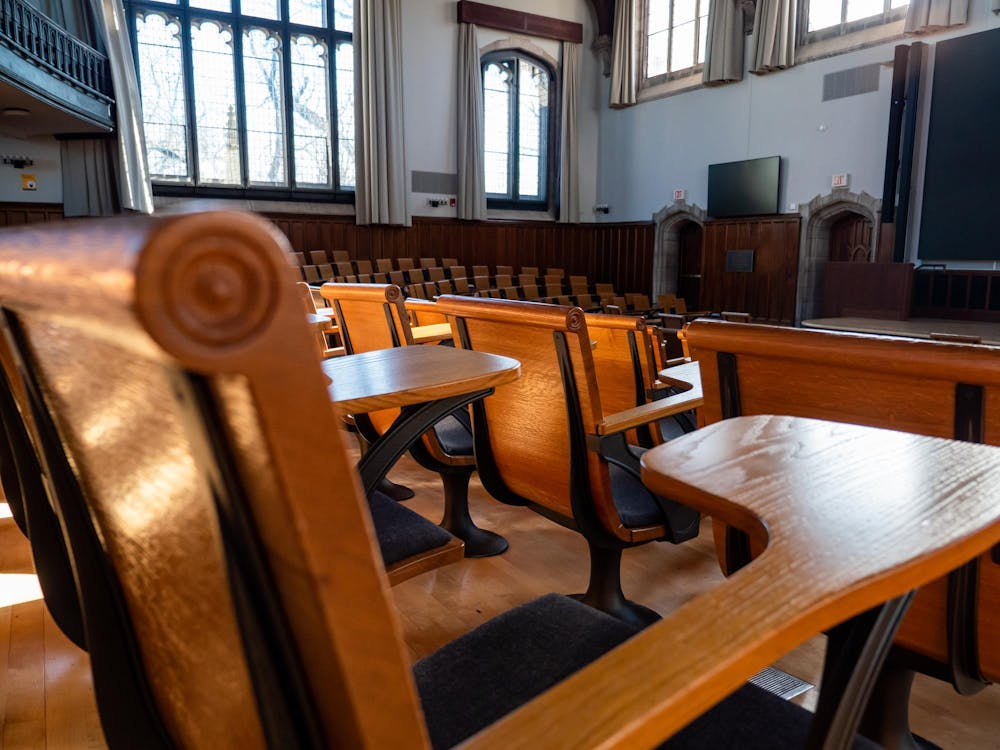The recent apology of Pope John Paul II for the sins committed in the past by those acting in the name of the Roman Catholic church against Jews, women, the poor, dissidents and various ethnic groups, among others, has generated much comment and controversy.
Within the Jewish community in this country, in Europe and in Israel, voices have been heard complaining that this is too little, too late. After all, they say, the Crusades, during which thousands of Jews were burned alive in synagogues and murdered in many other ways, took place eight to 10 centuries ago, so what took the Holy See so long to come around to this apology? Others, troubled at the moral ambiguity of the papacy of Pius XII during World War II, do not see this apology as addressing that problem adequately. The apology, they say, is too vague and non-specific in its wording.
While these are certainly valid criticisms, I find them off the mark and ultimately unconstructive. They don't allow any of us, Catholics and Jews alike, to move forward, beyond the estrangements of history. They mire us in the tensions of the past. The apology may have been long overdue, but it is an apology nonetheless. The questions we should consider are not those noted above. Instead, we should ask what is gained by bad-mouthing the papal apology — and what is lost.
Jewish tradition is clear that when someone comes to an offended party apologizing and asking for forgiveness, the latter is duty-bound to accept the request. Not to do so is to thwart the offender in his or her desire and need to atone for the wrong done, and to get beyond it. To reject the apology is to act out of selfishness and cruelty. The two parties remain estranged, unreconciled, their relationship still fractured. This is not exactly moral progress.
Last week, I was discussing all this with a friend and, with reference to the Pope's apology, she asked, "What will it accomplish?" She was looking for practical consequences that would be visible now in the short run. Viewed that way, I suppose she has a right to be skeptical. The ultimate test of this new, contrite face of Rome will be how it plays in the pews at Mass, not in the lofty councils of bishops and archbishops.
In the long run, though, I think the apology accomplishes a lot. It constitutes a redressing of the historical record. It is a statement not only or merely for our time but for the ages. Let us remember that for all their profound and irreconcilable theological differences, the Roman Catholic tradition and Jewish tradition have one important thing in common: They both live and work in the context not only of today or this year or even this century, but within the total span of human history on this planet, sub specie aeternitatis.
These two traditions have come a long way, but the trip is not nearly over. Time and generations yet unborn lie before us. The legacy of the past is not pretty, but it need not paralyze us. Without papering over differences or making light of past misunderstandings and wrongs, without denying the challenges that our mutual otherness poses, I would like to hope that this apology will initiate a new chapter in Catholic-Jewish relations. The eminent Jewish thinker Martin Buber put it best, even if his formulation of the Deity is decidedly male-oriented. He said: "Whenever we both, Christian and Jew, care more for God himself than for our images of God, we are united in the feeling that our Father's house is differently constructed than our human models take it to be." Rabbi James S. Diamond is Director of the Center for Jewish Life. He can be reached at jdiamond@princeton.edu.







